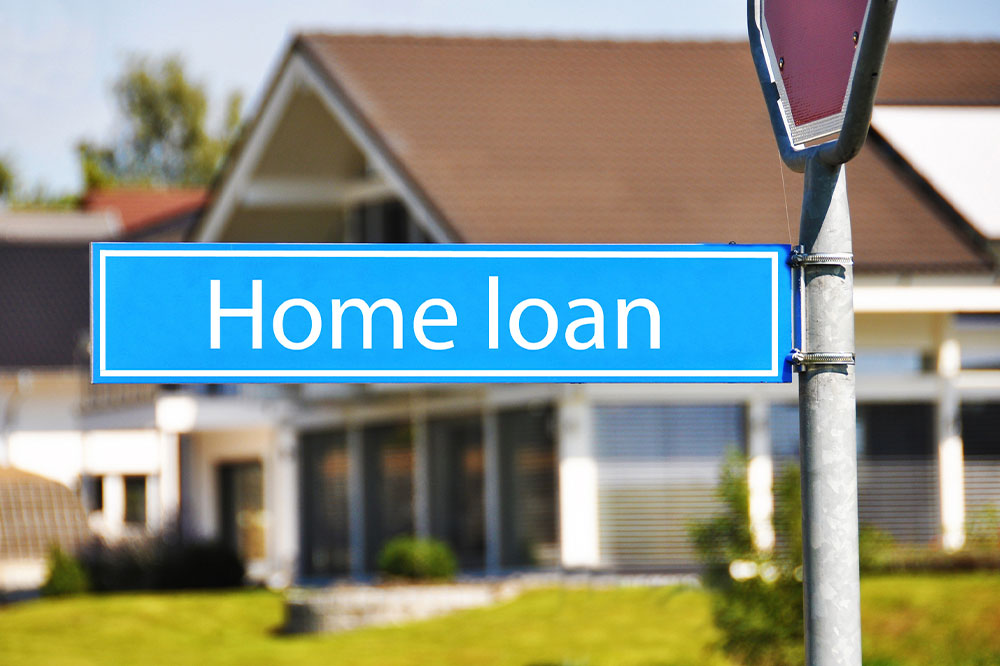
Home loans – Types of loans and eligibility criteria
A new home is one of the most significant purchases one makes for security. Before shopping for a dream home, one must study the different home loan types to finance the purchase. Not all home loan interest rates will be the same as it differs from one financial institution to another. Thus, it is imperative to research beforehand for the best home loans that match one’s financial situation. This can further help one use the money without facing any struggles.
Home loan types
- Conventional loans
A mortgage not backed by the federal government is a conventional loan. They have a higher minimum credit score requirement than other home loan types, usually 620, and are relatively more challenging to qualify for than the government-backed mortgage. If one offers a less than 20 percent down payment, one can pay the private mortgage insurance on the loan. In addition, one has to provide in-depth debt, asset, credit, employment, and income documentation for conventional home loan eligibility. - Fixed-rate mortgages
In this type of home loan, the loan interest rates stay the same across the loan term. So, the rate mentioned on the closing disclosure is what one pays across the repayment term unless one refinances the loan. One can opt for 15 or 30-year mortgages. - Adjustable-rate mortgages (ARMs)
This type includes a variable interest rate. So, instead of home loan interest rates staying fixed, they will fluctuate across the repayment term. ARMs usually commence with a lower interest rate than a fixed-rate loan, but when they make their first adjustment, they can increase by up to five percentage points above the fixed rate. Use the home loan calculator to see their costs before applying for the ARMs. - High-balance loans
It is a conventional loan where the balance exceeds the standard conforming loan limit. However, it is considered conforming as it remains within the loan limit that Federal Housing Finance Agency sets for the localities considered the high-cost areas. - Jumbo mortgages
This type of loan is mostly used to purchase a luxury home. Jumbo loans surpass all the conforming loan limits and typically require a substantial down payment of at least twenty percent. Unlike high-balance loans, jumbo loans do not conform to the guidelines stated by Freddie Mac and Fannie Mae. - VA loans
Veterans, military service members, and eligible spouses qualify for a loan backed by the Veterans Affairs Department. These loans do not need a down payment and have no minimum credit score requirement, but the lenders expect to see at least a 620 credit score. - USDA loans
These are loans for low and moderate-income buyers hoping to purchase homes in designated rural areas. These home loan types do not have mortgage insurance or down payment requirement but have income limitations.
Home loan eligibility
The below-listed factor dictates home loan eligibility:
- Credit score
The credit score plays a crucial role in determining the home loan interest rates or the extra expense on the mortgage. Of course, if the credit score is low, there are bad credit home loans, but they are relatively expensive. - Monthly mortgage payment
Mortgage lenders evaluate one’s assets and income to determine the home loan types one can afford to pay back. Thus, when employing the home loan calculator to know the average monthly payment, assess the interest rates, principal amount, mortgage insurance, homeowner’s fees, taxes, and utilities. - Estimated down payment
The down payment size also influences the home loan interest rates lenders offer.




